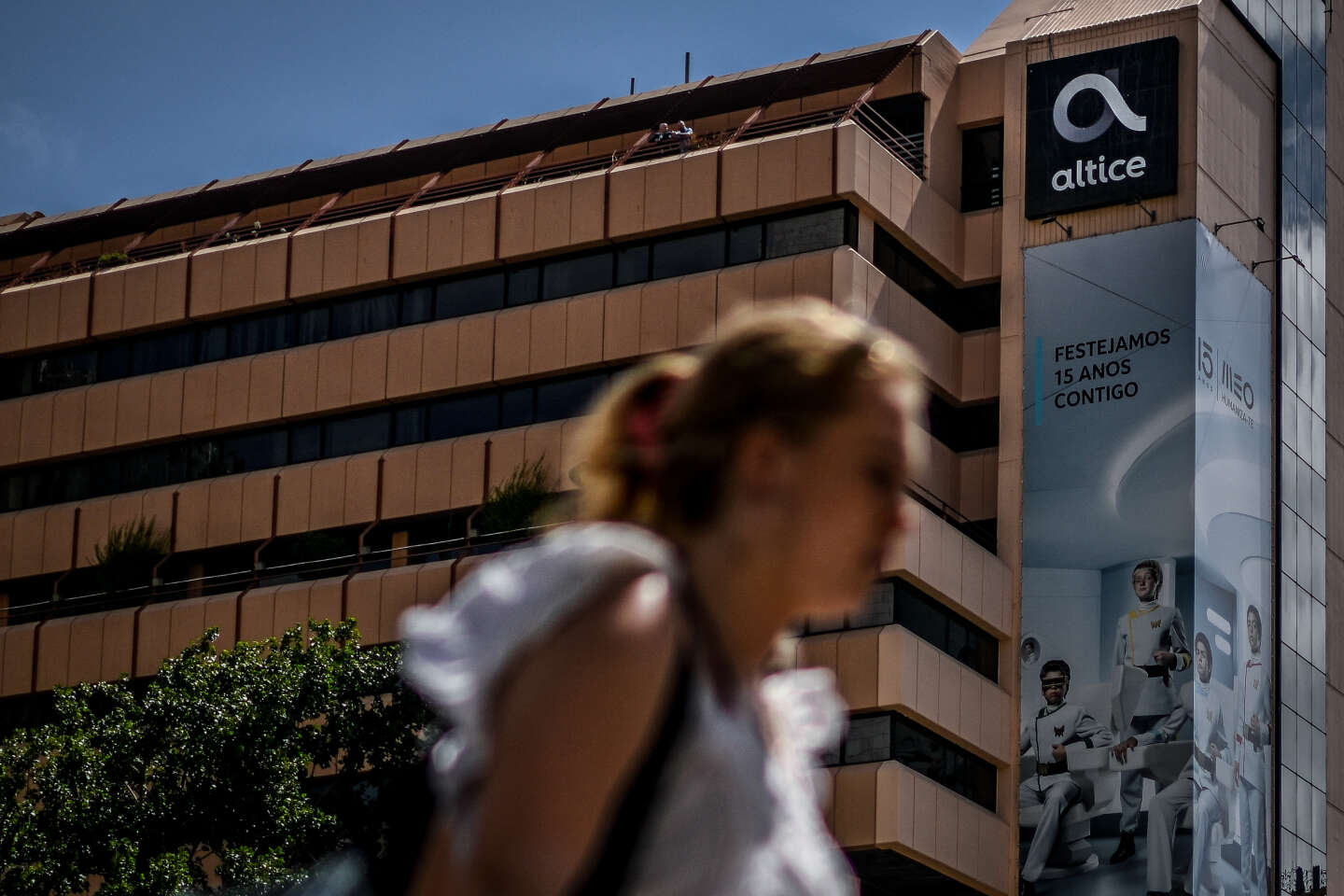


"Debt is a zero issue." On October 17, speaking to staff representatives at Altice France (the parent company of telecoms company SFR and the TV channel BFM-TV) for the first time since the July 13 arrest of his long-time partner Armando Pereira for alleged corruption, Drahi played things down: The company's €24 billion debt would not keep him up at night.
Aged 60, the businessman has learned to juggle with bank loans since he went into business in the mid-1990s. He has felt the vertigo of imminent collapse up close. In 2007, for instance, his then-company Numericable was crumbling under €3 billion in debt on just €1 billion in sales. But Drahi never foundered. Each time, he found the financial acrobatics that enabled him to return to equilibrium.
In the wake of the 2008 financial crisis, in order to stimulate the economy, the major central banks constantly lowered interest rates, even to the point of going negative in the eurozone. And since that was not sufficient, they even went so far as to buy government and corporate debt to ease their burden. It was as if a household purchasing an apartment saw the European Central Bank buy back part of its mortgage.
No short-term repayments
Drahi took advantage of this comfort to do business according to the classic leveraged buy-out (LBO) model developed by investment funds: buying a company on maximum credit and using its profits to pay the interest on debt. It was thanks to cheap money that the businessman managed to buy SFR from Vivendi in 2014 for €13.5 billion, 100% on credit.
It was a bold stunt for which the operator is now paying the price. The environment has changed. With the return of inflation, central banks have raised rates to slow economic activity and bring down overheated prices. As a result, money is becoming increasingly expensive. Drahi has realized as much. Even Altice International, his empire's healthiest subsidiary, borrowed €800 million on the financial markets in early October, at a rate of 10.5%, to replace a soon-to-expire line of credit from a loan contracted in July 2020, at a rate of just 2.25%. Altice is paying four times more for its debt than it was three years ago.
To reassure, Drahi repeats that Altice France has no repayments scheduled in the short term. The main maturities are in 2027, with €5.4 billion, and then almost double (€9 billion) in 2028. As he told his employees, he is confident that interest rates will fall by then. But if they don't, SFR would struggle to cope: Financial charges would explode beyond its annual repayment capacity. Behind his apparent calm, Drahi has clearly understood the financial risk. Why else would he publicly announce in September that he was ready to sell any of the empire's assets to reduce the group's debt?
You have 50% of this article left to read. The rest is for subscribers only.
